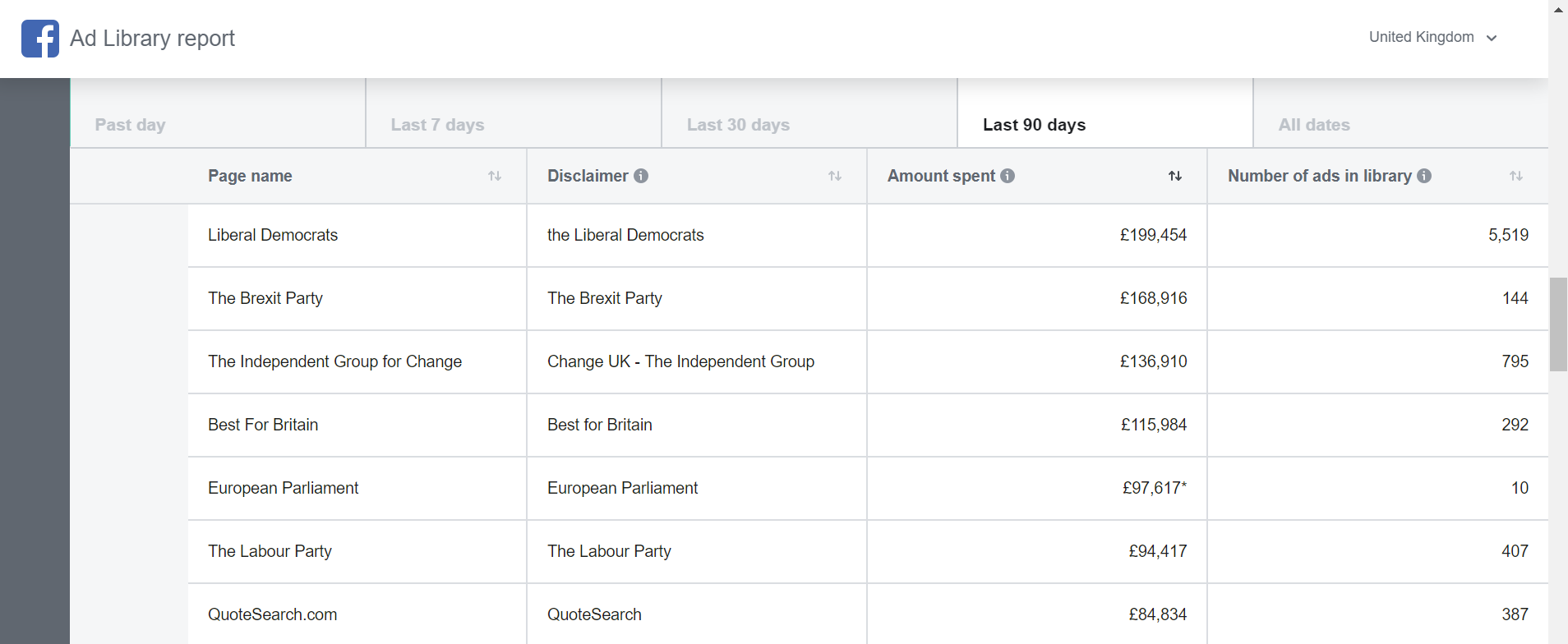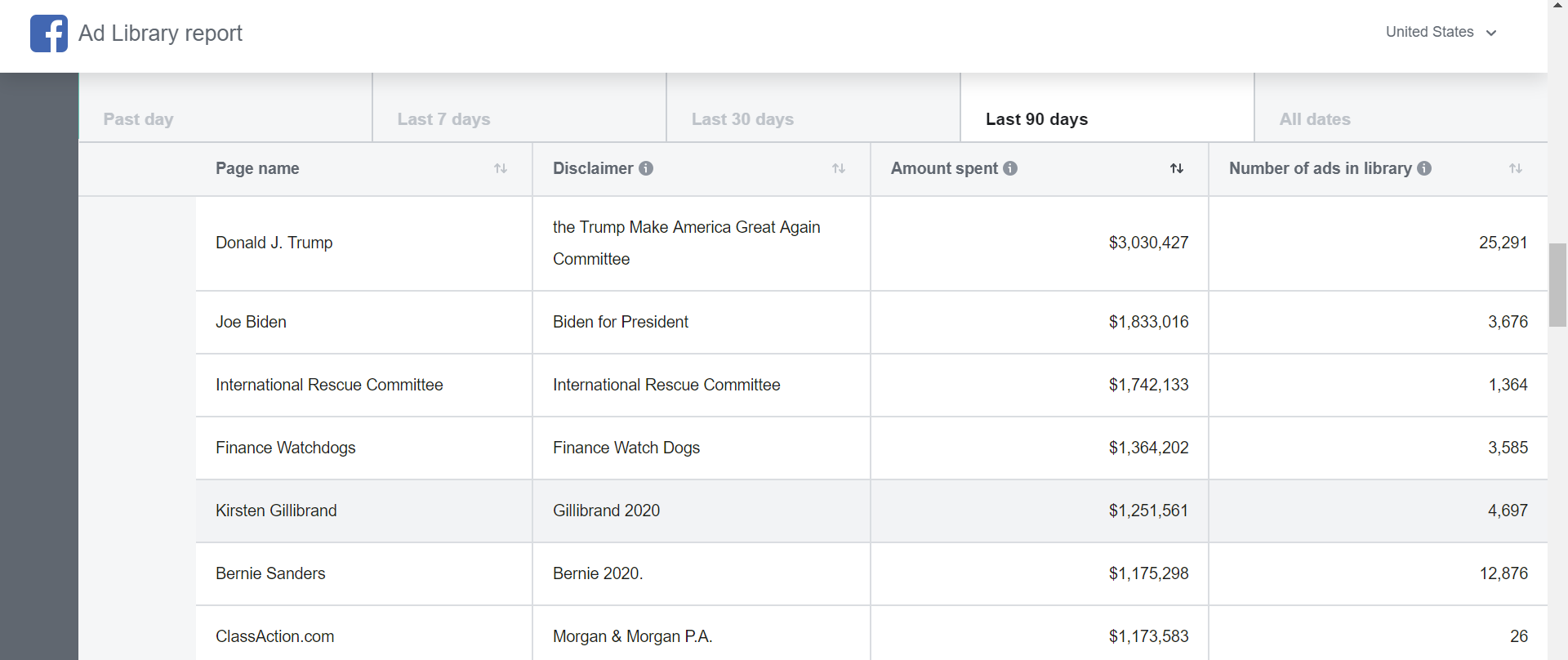Social Media and Politics: A Dangerous Relationship?
18 July 2019
By Sophie Barber
(Image credit: Elio Santos)
Social media is often thought of as both a wonderful and dangerous tool. It allows instant connection, the sharing of experiences and discussion around trending topics. For brands, it has offered the potential to connect with audiences and tell stories.
On the flip side, many people are worried about its addictive qualities and some also draw attention to the fact that social platforms can be used to spread abuse or hate messages. Brands must also be increasingly careful as one wrong step on social media could be detrimental to their reputation.
Today, we’re looking at another factor in the debate: the tricky relationship that has emerged between social media and politics.
Digital political advertising
We’ve spoken before about how, although concerns about data privacy are valid, most of the time we actually prefer personalised ads. They make our decision-making process that bit easier and show us things we might otherwise have missed!
Related article: Data Privacy Scandals: Why We Don’t Care as Much as We Should
However, when you bring politics and social media together, things get a little more complex. Targeted advertising is no longer about increasing brand visibility and helping people make purchasing decisions, it can actually have an impact on democratic national elections and referendums.
In June 2019, Facebook announced that they were making their political ads archive searchable across the globe. This was initially only accessible in the US but now the whole world has access to this information, should they want to take a look.
This is part of Facebook’s aim to be more transparent as concerns about data privacy grow (you can read more about that here). They have also stated their aim to expand ‘proactive enforcement’ on political ads, starting in Canada and the Ukraine.
The data from the last 90 days shows that there is a real mixture of campaigns from across the political spectrum, in both the UK and the US.

Facebook Ad Library data for political ad campaign spend in the UK over the past 90 days.

Facebook Ad Library data for political ad campaign spend in the UK over the past 90 days.
So, is it really an issue that political ads are so prevalent on social platforms if “both sides are using them”? The crux of the problem comes down to how adverts are being labelled – often, disclaimers are not included so the user is not wholly aware that an advert is being used to promote the message of a particular political campaign. There’s also the related issue of whether there is potential for personal data to be used to subconsciously influence voters (as with the Cambridge Analytica scandal).
Indeed, some have suggested that Facebook’s tool is not sophisticated enough yet to provide researchers and outsiders with substantial information on engagement. This means that we don’t yet have a deep enough understanding of how digital advertising is affecting voting patterns.
Other concerns include Facebook ads funded by “dark money”. While the Facebook Ad Library does provide some transparency, there is nothing included about who is funding these campaigns. The fact is that many political adverts are untraceable, which further blurs the boundaries of democracy. Without this information, there is a real potential for interference from big corporations or other nations, if it’s in their interest to back a certain political campaign.
Character limits to debates
Another potential problem in the relationship between politics and social media is the restriction of nuanced and insightful debate. Twitter, in particular, is held as the platform where people engage with social issues and spread news items, but users are restricted to just 280 characters.
While people are increasingly creating ‘threads’ on Twitter to get past this issue, the point still remains. When we are told to get our viewpoint across in as few words as possible, the meaning is easily lost or misunderstood.
“Fake news”
Similarly, the nature of social media has led to the increasing prominence of so-called ‘fake news’. An article in The Atlantic talks about the ‘flow structure’ of social media applications. Put simply, social users are constantly moving from one element to the next in search of instant gratification.
It’s impossible to tell a coherent story in a 280 character post, so increasingly political figures and the general public are making vague statements and using catchy but ultimately meaningless slogans. However, the ‘flow’ generates so much information that we can’t possibly keep up, meaning that we begin to just digest these statements rather than questioning them.
Is it all doom and gloom?
Although there are concerns about the use of targeted advertising, people have argued that social media actually makes politics more transparent, as voters are given more direct access to politicians and have a platform to hold them accountable.
Moreover, while many point to the fact that social media limits nuanced political debate by placing a restriction on how many words you can use, others have outlined the positive impact of social media.
You can think of social platforms as something like a global community, where individuals can interact with people they may never have met otherwise, and learn about important issues.
Many significant movements have been united by hashtags, whether that’s #blacklivesmatter or #metoo. People feel more comfortable sharing their personal experiences online and this, in turn, can spread awareness and educate others.
As well as individuals making a stand, social media also encourages businesses to seek out social or environmental issues that they care about. With increased visibility, consumers are demanding more, which means that businesses are evolving to give more back.
Ultimately, there are always going to be dangers with combining politics and social media, and it’s certainly an area we should all be aware of when we spend time on these apps. However, it’s also important to remember the benefits that these platforms can offer in terms of empowerment and social justice.
SB.